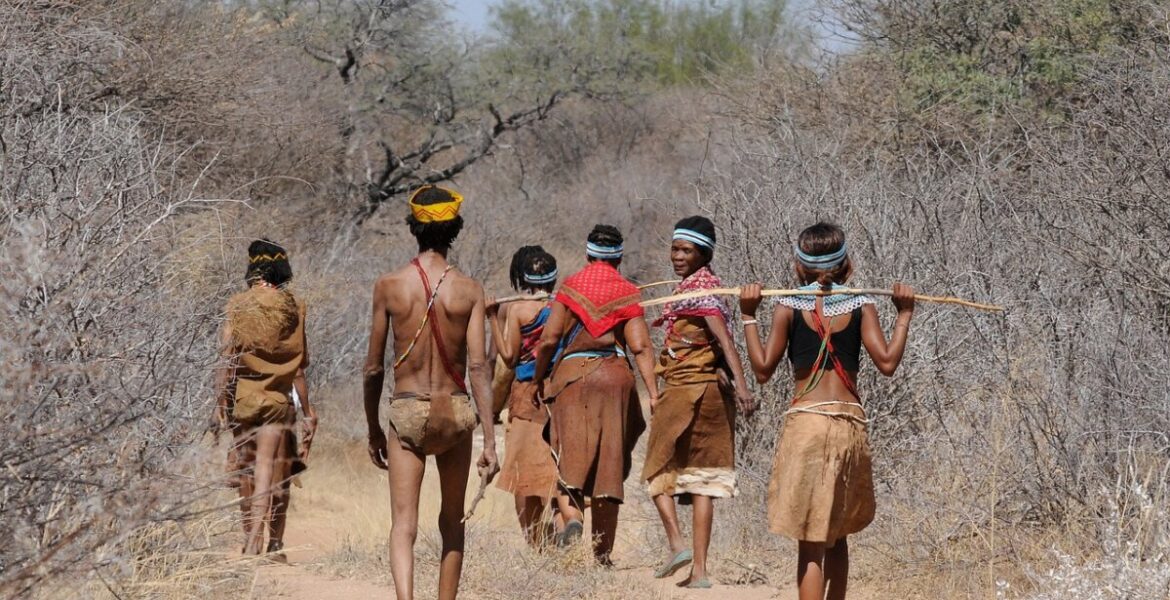The United Nations Special Rapporteur on the rights of Indigenous Peoples is in Botswana to assess the situation of the Basarwa, focusing on land rights, justice, equality, culture, and climate change for report to be presented to the UN Human Rights Council in September 2026
GAZETTE REPORTER
The United Nations Special Rapporteur on the rights of Indigenous Peoples, Albert K. Barume, is set to begin an official visit to examine the human rights situation of Indigenous communities across the country from 1–12 September 2025.
During his mission, Barume will assess key issues such as land rights, access to natural resources, equality and non-discrimination, justice, participation in decision-making, and the protection of Indigenous languages, education, and culture. He will also look into the impacts of climate change, environmental challenges, and the role of business in relation to Indigenous rights.
Visits
The Special Rapporteur’s itinerary includes visits to Gaborone, the Kgalagadi District, Ghanzi, Ngamiland, the Central District, and the Central Kalahari Game Reserve. In each location, he will engage with government officials, Indigenous Peoples’ organisations, civil society, academics, UN representatives, and directly with communities to hear their priorities and concerns.
According to the UN office, Barume is scheduled to hold a press conference on 12 September at the UN Building in Gaborone, where he will share his preliminary findings and recommendations.
The final report
The final report of his mission will be presented to the UN Human Rights Council in September 2026, providing a comprehensive review of Botswana’s progress and challenges in upholding the rights of Indigenous Peoples.
Barume comes to Botswana under completely different circumstances where Duma Boko a human rights champion, who has previously represented the Basarwa in their struggle for their rights has been voted in the highest office in the land. Upon assuming office, Boko presented his government as a pro-human rights government. The dispute between the Basarwa and the government has been that the latter wants a modern, unified state with no special groups while the Basarwa want recognition of their unique identity, land rights, and the ability to sustain their traditional way of life without being forced into assimilation.

